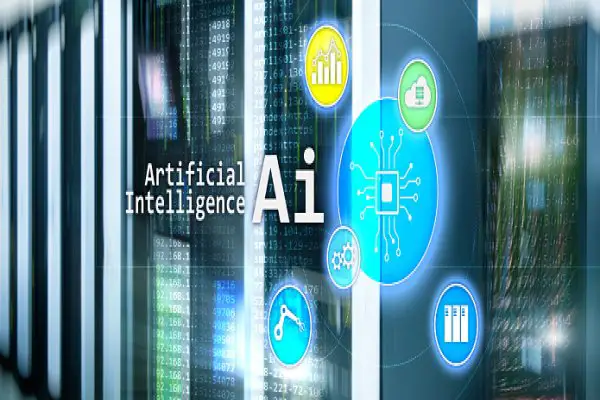Advances in artificial intelligence have allowed it to become a part of industries such as retail, banking, and automation, including the use of Amazon Alexa and automated customer service chatbots.
The recent introduction of ChatGPT has caused immense excitement regarding artificial intelligence, especially in the healthcare sector. A study has even estimated that the widespread use of AI in healthcare could save America up to $360 billion annually.
The magnitude of this statistic is mainly due to the current problems in healthcare delivery. However, the goal of standardization, clinical documentation, and other activities are still inconsistent between different health establishments.
Providers are facing a double burden when it comes to recording information in electronic health records—not only is the documentation not standardized, but it is also taking up an average of 4.5 hours of their day.
By utilizing AI tools, clinical processes can be automated and standardized, workflows optimized, patient logistics organized, and, most significantly, giving healthcare providers more time with patients. This enhances care delivery and offers substantial cost savings for healthcare organizations, particularly in fee-for-service care.
Overcoming Barriers To Success: Tips And Strategies
Despite the tremendous potential to revolutionize healthcare, obstacles must be overcome before artificial intelligence and machine learning can be adopted on a large scale across the industry. This technology has followed the typical hype cycle seen with other new technologies.
When it comes to healthcare, innovators are attempting to use AI to tackle some of the more challenging issues. Diagnoses involving intricate details are usually the first topics that arise when considering a difficult problem in this field.
This use case carries a significant risk for patient outcomes, making it difficult for innovators to meet stringent regulatory requirements. Furthermore, the results generated from these models, based on limited sample sizes, can be challenging to validate.
Overview Of Current Implementations And Strategies In Technology
Innovators are avoiding repeating past errors and are utilizing AI and ML to address the simpler issues currently being experienced in healthcare rather than tackling the more difficult problems.
Navigating the innovation space and overcoming obstacles to wider adoption can be achieved through successful AI implementations in healthcare. A few examples of these implementations already in practice include:
Tissue Analytics: AI and ML technology is successfully employed in wound care. By using cutting-edge machine learning and computer vision algorithms, it is now possible for non-specialists to accurately assess wounds with a secure, HIPAA-compliant smartphone application.
Models can be utilized to forecast the rate of healing and the time needed for a wound to heal or if it is at risk of worsening. This technology blends into the Electronic Health Record (EHR) system to reduce documentation effort, streamline clinical processes and optimize patient results.
Appointment Scheduling: AI is being effectively used in the realm of scheduling. By implementing AI into scheduling platforms, it can estimate the probability that a patient will not show up for their appointment. This helps to maximize efficiency and optimize income, both of which are key components in a fee-for-service system.
Prediction of Health Risks: Using de-identified patient data from electronic health records, algorithms can be designed to forecast the probability of medical occurrences, like whether a person with diabetes may need an amputation or if a long-term care recipient is in danger of pressure injuries, falls, or readmission. In addition to bettering patients’ results, this could decrease healthcare organizations’ expenses by avoiding fines imposed by Medicare and insurers.
Look Ahead With Confidence: Strategies For The Future
AI technology has immense potential to shape the future of healthcare delivery, despite certain obstacles to adoption. This will help reduce costs and enable a higher quality of patient care and more efficient operations for providers, leading to greater satisfaction with the overall healthcare system. In other words, improved implementation of AI could be beneficial for everyone. Author Profile
Josh Budman is a specialist in machine learning, computer vision, and the formation of healthcare applications. He earned his B.S. in biomedical engineering from Johns Hopkins University and an MSE from the Johns Hopkins Center for Bioengineering Innovation and Design. He is the Senior Vice President of Research & Incubation at Net Health.
Josh was previously the CTO of Tissue Analytics, a digital health startup. He was responsible for integrating their AI-based imaging product with several electronic medical record systems. In the spring of 2020, Net Health acquired Tissue Analytics.
AI technologies can assist healthcare providers in making more accurate diagnoses, predicting patient outcomes, and even streamlining administrative tasks. Additionally, AI can help healthcare organizations reduce costs and improve patient outcomes by enabling personalized treatment plans and interventions. However, while AI has great potential, it is important to ensure that healthcare providers are adequately trained and that patient privacy is protected. Overall, AI is poised to be a game-changer in healthcare, and it is an exciting time to be a part of this rapidly evolving field.
Source: Healthcare Business Today



